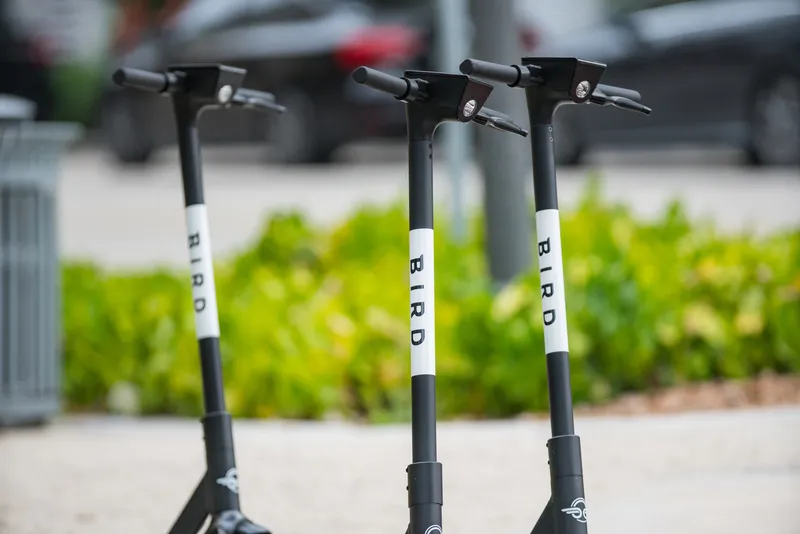
Bird has connected its shared scooter platform to local bike-share providers in four US cities and one in Norway.
The move, part of the micromobility firm's Smart Bikeshare Program which was announced in June, means that bike-share services now appear in the Bird app in Austin (Metrobike Austin), Los Angeles (Metro Bike), San Antonio (SA Bikeshare), Milwaukee (Bublr Bikes Milwaukee) and Oslo (Oslo City Bike).
Bird app users will be able to see their nearest public bike stations and bikes available; tapping the relevant icon will take the rider to the local bike-share app.
Bird insists this is "completely cost free to cities and local operators" and will "help encourage multimodal mobility and reduce dependence on ICE vehicles".
The company began partnering with Italian e-moped operator ZigZag on a similar integration in Florence earlier this year, but the five cities are the first places where it is to be introduced at scale.
“This is a forward-thinking programme that underlines the benefits of GBFS data and demonstrates how different micromobility options such as shared scooters and bikes can work together towards the same positive goal,” said Sam Herr, executive director at the North American Bikeshare and Scootershare Association.
“This is an exciting initiative as we all look to increase the usage and access to clean transportation alternatives.”
Zig Zag founder Emanuele Grazioli says the partnership "is helping establish a new industry standard, one that benefits riders, cities and local businesses alike".
Bird suggests that integrating public bikes and shared scooters is "particularly important as many big-city commuters wrestle with returning to the office".
“Cities and riders are best served by transportation services that complement one another,” said Renaud Fages, Bird’s global head of operations.
“To serve all riders, we must think creatively in ways that support existing transit modes and fill in a city’s mobility gaps."









